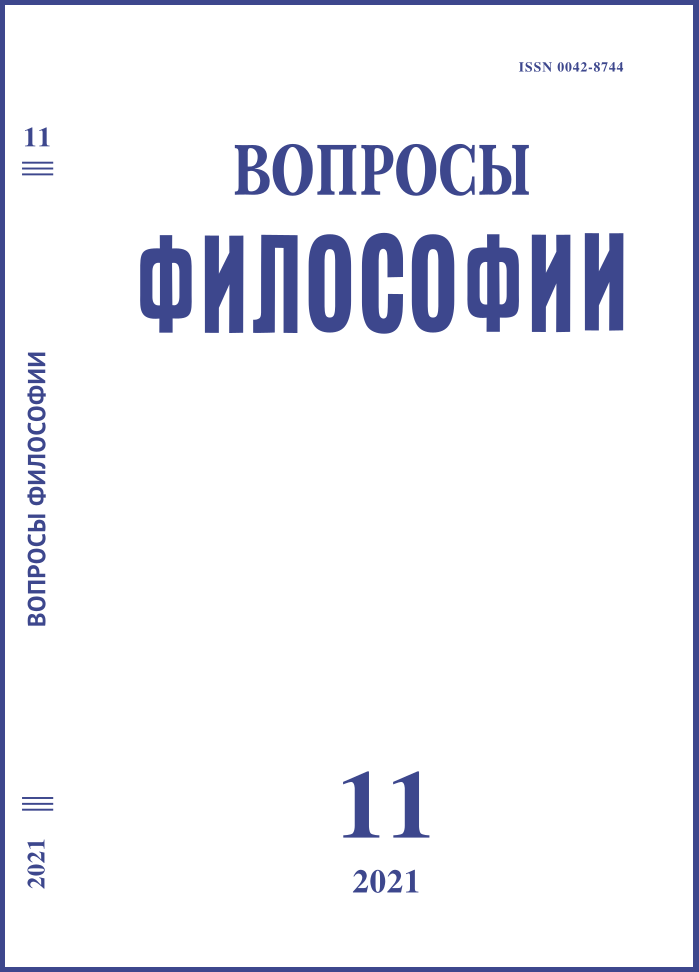Progress in Science and its Enemies: the Case of Academic Bullshit
DOI:
https://doi.org/10.21146/0042-8744-2021-11-95-107Keywords:
словоблудие, брехня, истина, ложь, наука, знание, Г. Франкфурт.Abstract
The paper discusses the phenomenon of bullshit in the academia as an obstacle for progress in natural sciences and the humanities and as a problem of epistemology and philosophy of science. The authors criticize a popular approach according to which bullshit is defined in terms of the goals or motivations of the bullshitter as a subjectivist and inadequate. Focusing on the phenomenon of bullshit in academic practices, the authors define it in terms of the relevance of the content of a corresponding discourse to the topical issues of a given academic discipline and the extent to which the justification proposed in the discourse meets the standard justification criteria in the given discipline. An important component of the proposed definition is the contextual parameter of the judge the perspective of which is represented by a relevant research community. The authors show how the proposed account captures the well-known cases of bullshit as well as solves some of the current problems in social epistemology, such as the nature of group bullshit. The authors argue that the problem of group bullshit arises only when bullshit is understood in terms of individual intentions or motives. In that case, it is challenging to define group bullshit in a case when no representative of a given group individually supports the bullshit argument put forward by the whole group. For an approach that defines bullshit without appeal to such subjective factors as individual intentions, this problem does not arise because bullshit is independent of the goals of the bullshitter. The authors acknowledge the importance of the motivations of the bullshiter and her strategies. However, they argue that this matter is irrelevant for the definition of bullshit.

